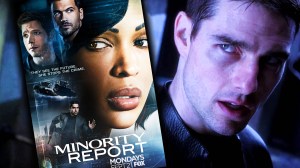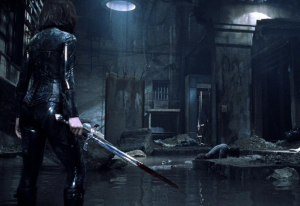You’ve probably binge-watched some of these shows, easily got into their fictional worlds, and even talked about the plot twists with others or online. But did you know they were actually based on books? These days, the industry keeps betting on sequels, remakes, and live-action adaptations, but turning books into shows is also a big move to win over audiences. Thing is, that’s not always as obvious as you’d think. A lot of hit series seem like originals, but they’re not. And sometimes, the show drifts so far from the book that most people don’t even make the connection.
Videos by ComicBook.com
Whether it’s because the books weren’t that well-known before being adapted, or because the series blew up and totally outshined where it came from, here are 10 successful TV shows you didn’t know were based on books.
1) Dexter

Few shows have had as big an impact on pop culture as Dexter, and most people have no idea it came from a series of books by Jeff Lindsay. The adaptation nailed the dark tone and complexity of the main character, who’s one of the few truly layered antiheroes on TV. The concept of a serial killer with his own moral code is fascinating, and the show leaned into that, exploring it with a lot of detail and tension (especially in the early seasons). However, what’s cool is that the adaptation managed to bring Dexter’s inner monologue to the screen without making it sound preachy or forced. Just to give an idea, the spinoffs proved that Dexter still has relevance, even after all these years – and that’s exactly the kind of adaptation success story this show represents.
2) You
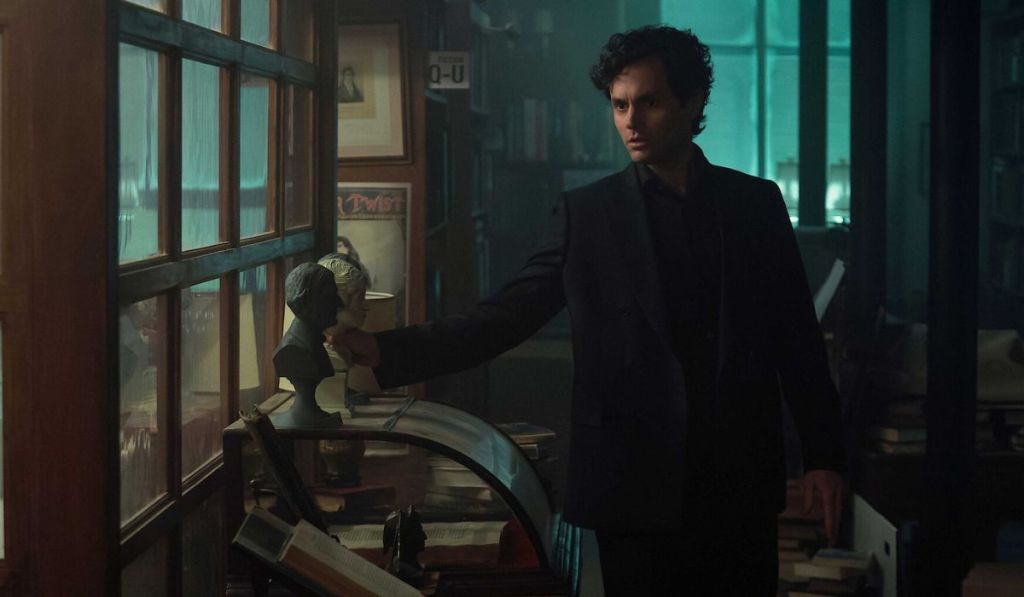
Although it’s a pretty well-known series, not many people realize that You is actually based on a book by Caroline Kepnes. The show turns stalker Joe Goldberg (Penn Badgley) into an almost charismatic character, which is a pretty impressive storytelling move – it really digs into our weird fascination with toxic, obsessive stories. The series walks a fine line between repulsion and intrigue, and that’s a win for both the adaptation and the original material. It’s a story that works especially well on screen, not just because of social media and exposure culture, but because the plot itself fits the TV format better than the page. On top of that, what You does best is fleshing out the secondary characters and keeping the tension tight with a suspenseful pace that makes it seriously binge-worthy.
3) Outlander
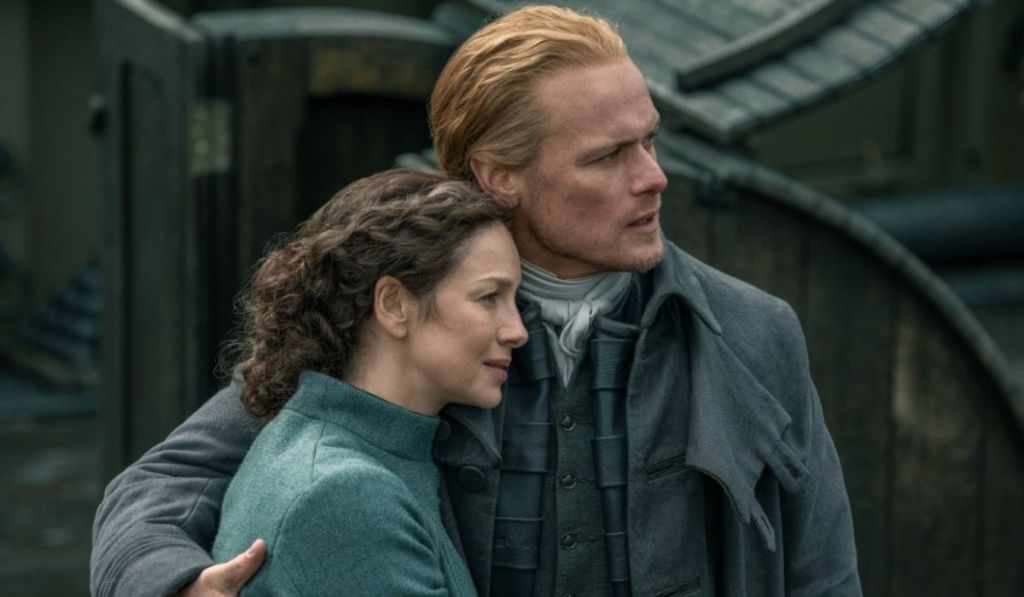
Underrated but with a loyal fan base, Outlander is another show that some people don’t realize is based on books. What’s most interesting, though, is that it stands out for sticking really closely to Diana Gabaldon’s original material. The plot blends history, romance, and sci-fi in a way that feels smooth and natural (which isn’t easy to pull off). But if there’s one thing that really makes the show stand apart from the books, it’s the chemistry between Claire (Caitríona Balfe) and Jamie (Sam Heughan), which takes the production to another level. On top of that, the series does a great job expanding and deepening parts of the books, making the conflicts feel real and immediate for viewers. All in all, Outlander is a strong example of how staying true to the source can lead to a powerful show.
4) The Witcher
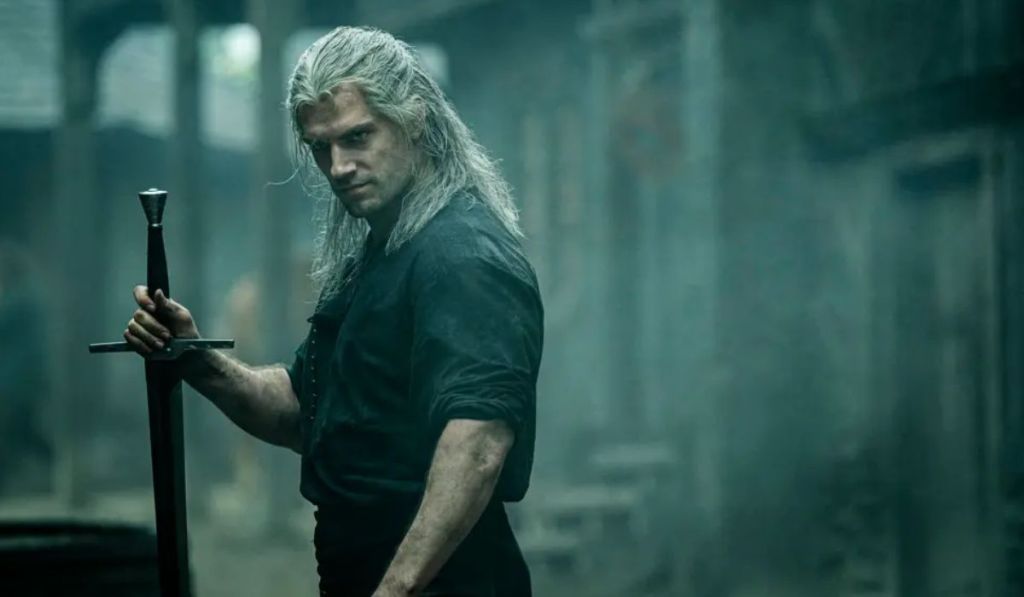
The Witcher is a great example of an adaptation that ended up making the original material even more popular, but a lot of fans don’t realize the show (and the game) actually comes from the books by Andrzej Sapkowski. What really stands out is how it turns a dense, complex universe into a more accessible story, without losing the essence of Geralt (Henry Cavill), who’s way more than just your average monster hunter. In short, the adaptation balances action and drama well (even if it sometimes trips over its non-linear timeline), but that actually helps draw in viewers who don’t know the books. The Witcher is a really interesting case of how a lesser-known book series can blow up worldwide thanks to TV. No wonder it has spawned so many spinoffs.
5) The Haunting of Hill House
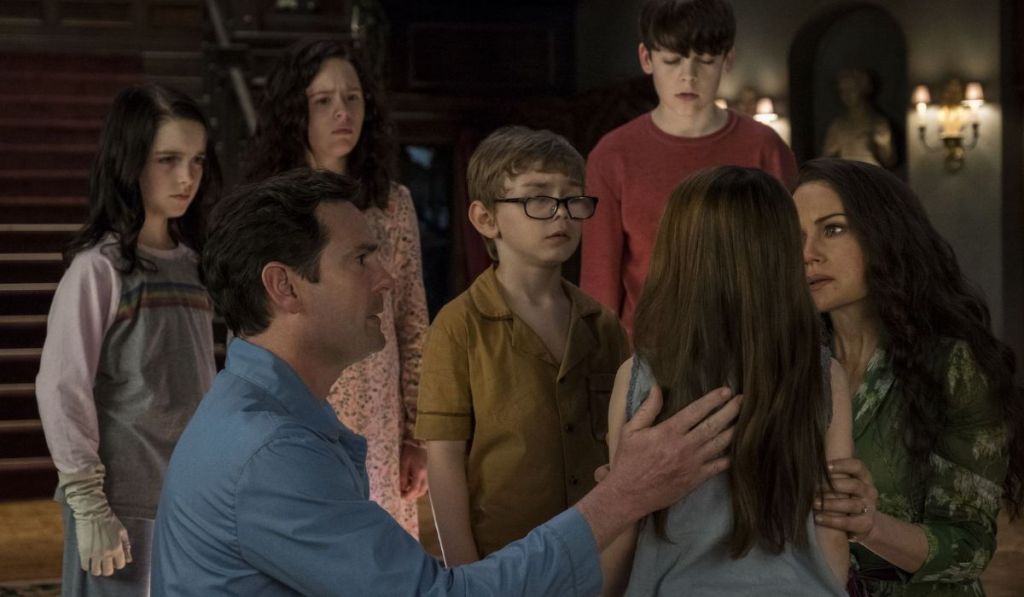
If there’s anyone who knows how to masterfully bring books to the screen, it’s Mike Flanagan, and yes, The Haunting of Hill House comes from a book. Based on Shirley Jackson’s classic, the show’s biggest win was using horror to explore family and psychological trauma in the best possible way, without leaning on jump scares or tired genre clichés. It pulls the most out of the layered story and expands the book’s universe to really dig into the relationships between the Crain family members. The Haunting of Hill House is a bold take on horror, exactly because it wasn’t afraid to innovate in a way that connects with viewers, and all while still respecting the original source. Also, its one of the best horror stories to come out lately.
6) The 100
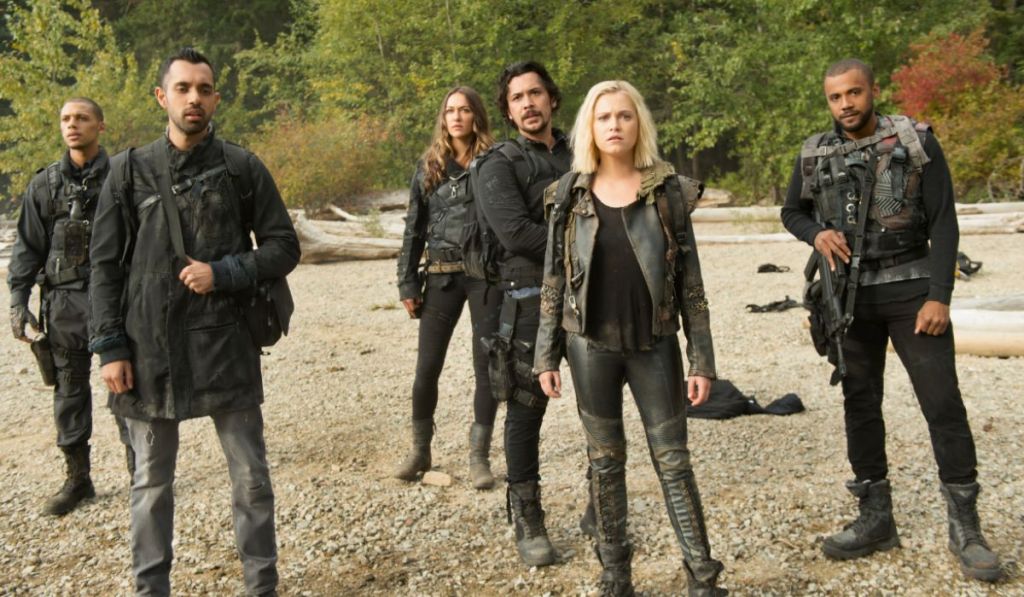
Anyone familiar with The 100 knows it as a sci-fi series, but this is another one that almost no one knows is based on books. Originally written by Kass Morgan, this TV adaptation decided to take more significant liberties, choosing not only to expand the universe, but also to add some characters and storylines that weren’t in the books. It’s a risk, but considering that the original material was never that well known worldwide and the show reached a big audience, it worked. The story ended up becoming deeper and more fitting for TV. The books focus more on survival and politics, while the show leaned hard into ethical and moral questions. Still, despite the changes, the core of The 100‘s post-apocalyptic story stayed intact, and that’s what made it a hit.
7) True Blood
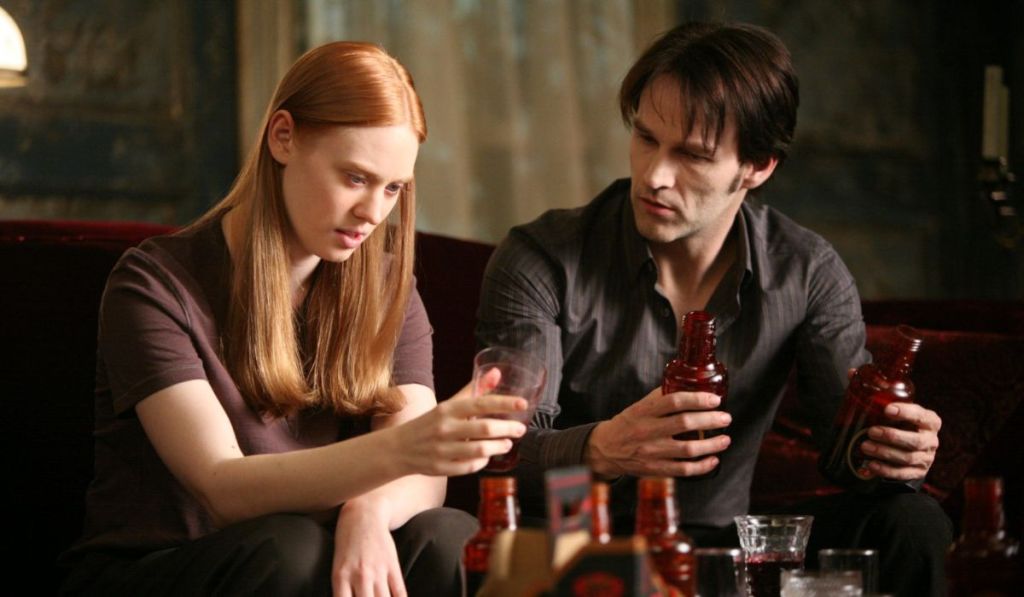
True Blood is perhaps one of the shows that most helped popularize the vampire genre on modern TV, but this is one of those cases where it’s hard to make a direct connection with the books by Charlaine Harris that the story is based on. The series takes a different approach, using the books more as a starting point, since its goal was to expand the universe, adding more characters and more plotlines to boost the drama and suspense (which made the show more layered). There’s also a clear aim to give it a southern vibe, while mixing horror with social and cultural subjects, and that was a big reason why True Blood hit so hard when it first came out. The series managed to create its own pace and identity.
8) The Queen’s Gambit
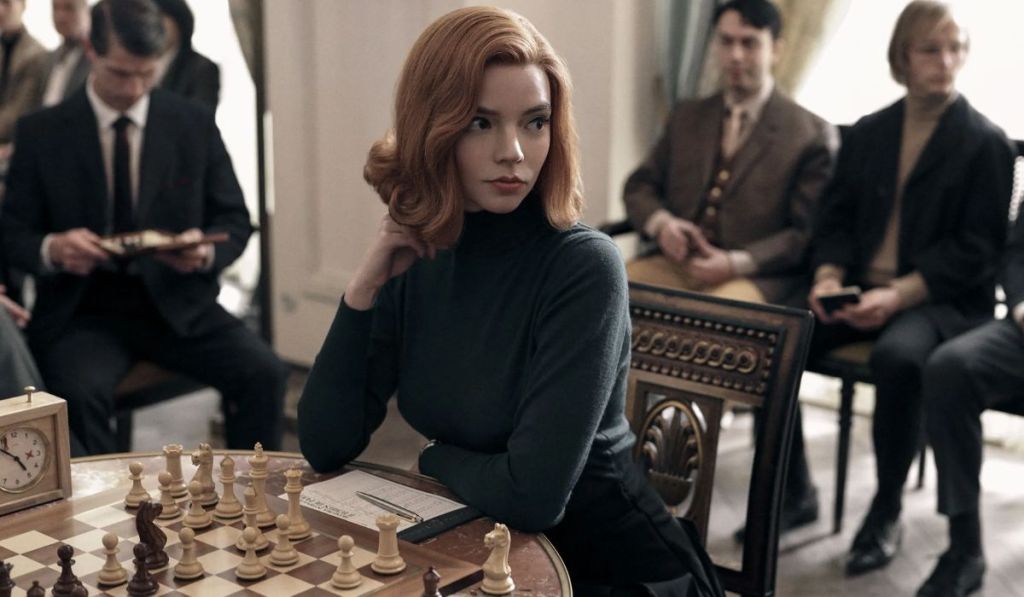
It’s really hard these days to find a series (especially a miniseries) that creates this much buzz just because it’s genuinely good. That was definitely the case with The Queen’s Gambit, based on the novel by Walter Tevis. But here, the credit for its success belongs just as much to the book as to the production. The adaptation not only brought chess back into the spotlight, but also put a strong female lead front and center – someone who struggles with insecurities in a mostly male world. The key is the balance between technique and emotion, because the way the story handles addiction, isolation, and ambition feels both timely and timeless. The Queen’s Gambit proved to be a bold gamble, turning a pretty niche book into a hit with a broad audience.
9) Killing Eve
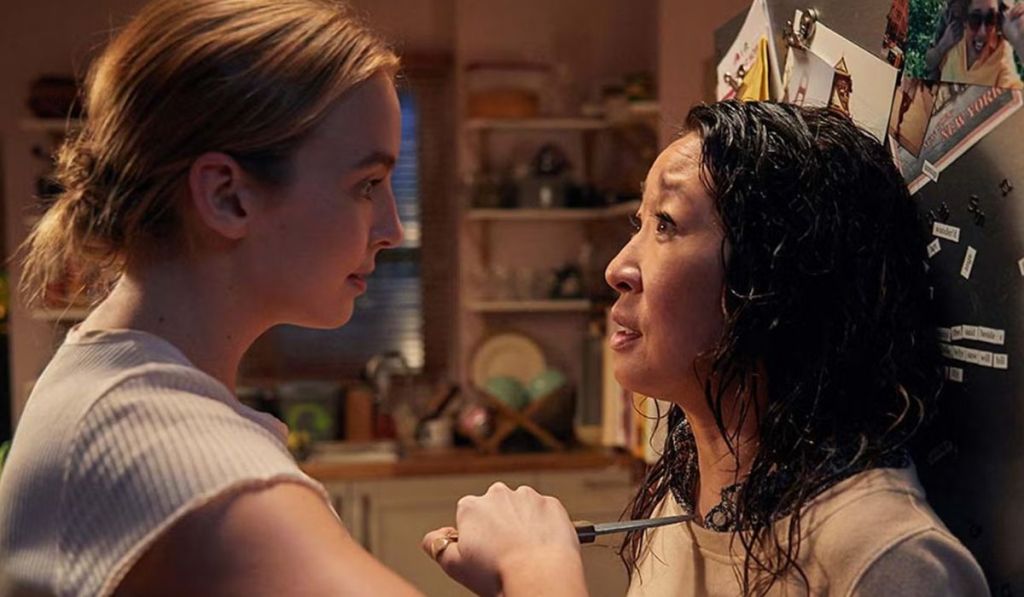
It didn’t take long for Killing Eve to build a solid fan base, but it’s rarely mentioned that the show is based on books. A series of novellas by Luke Jennings explores the complex relationship between MI5 agent Eve Polastri (Sandra Oh) and professional assassin Villanelle (Jodie Comer), balancing suspense with dark humor. And sure, there are differences between the two formats: the show expands on the dynamic between the characters, making it more psychologically rich and mesmerizing to watch. It also leans into the strongest parts of the books: the tension and the cat-and-mouse chase, but adds emotional and feminine layers rarely seen in thrillers – that’s what makes Killing Eve stand out. The show has now become a reference for how to adapt literary material without losing its personality.
10) House of Cards
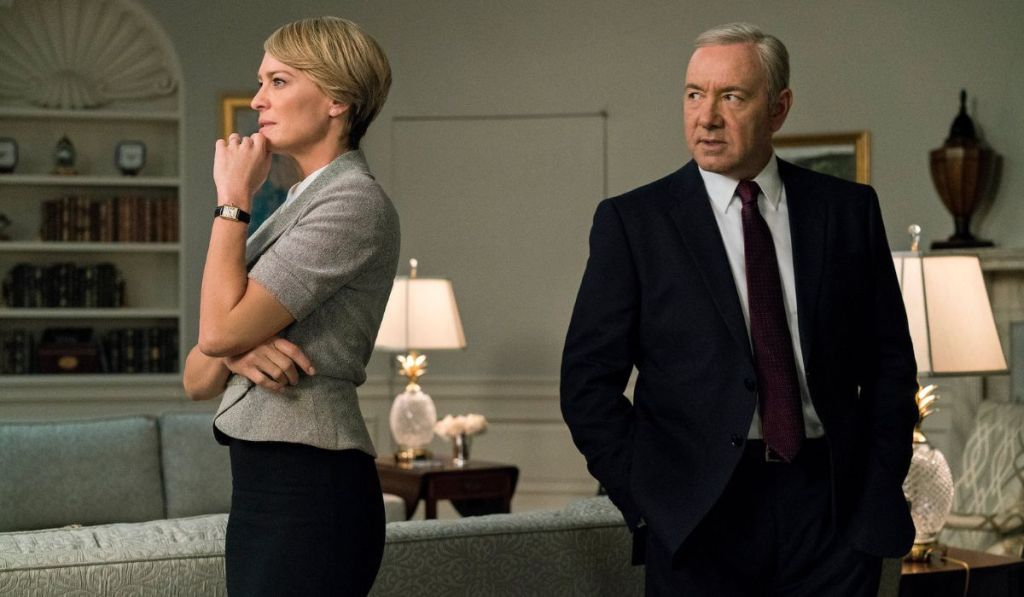
House of Cards may be a political series that completely changed the streaming game, but almost no one knows it’s an adaptation of Michael Dobbs’ novel. The original version of the plot is British, but the show updated the story to US politics while keeping the core themes of ambition, manipulation, and betrayal. And they pulled it off really well, since the change in setting works perfectly with contemporary American politics. It’s this smart choice that makes the show stand out, because it didn’t just adapt the plot, it transformed it in a way that speaks to a modern, global audience. Frank Underwood (Kevin Spacey) became an iconic character, and the series kept up the tension and political critique throughout (even after major shifts in the cast). House of Cards proved that you can successfully reinvent a story without making drastic, sudden changes.

